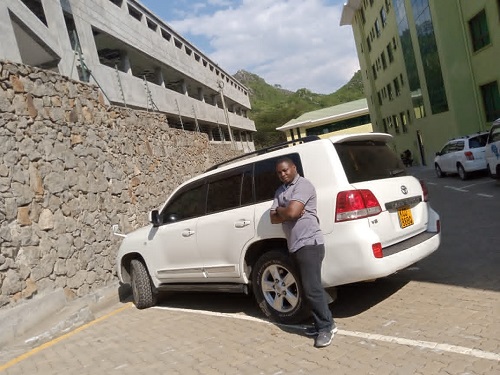In the pursuit of peace and orderliness within the church, protocol plays a crucial role. Rooted in the Greek concept of “the first glue,” protocol serves as the binding force that maintains dignity and reverence in the church. This guide aims to elucidate the significance of protocol within the church context and delineate the responsibilities and duties of its members.
Understanding Protocol:
Protocol encompasses a set of ceremonial forms, courtesies, and processes essential for maintaining order and efficiency in official dealings. Whether on a local, national, or international level, adherence to proper protocol ensures smooth relations among organizational and governmental officials.
The Role of Authority:
Central to the functioning of a church in a decent and orderly manner is the authority vested in its leaders—Pastors, Bishops, Overseers—who are entrusted by God to provide vision, knowledge, and discipline.
Significance of Church Environment:
The church stands as a sacred space where dignity, respect, and reverence should be upheld. As individuals enter into the Kingdom of God on earth during services, adherence to proper conduct reflects the image of Christ within.
The Function of the Protocol Department:
Tasked with maintaining orderliness within and outside the church, the Protocol Department plays a pivotal role. From ensuring the safety of members during gatherings to facilitating the smooth execution of religious ceremonies, the department’s responsibilities are multifaceted.
Responsibilities and Duties:
Protocol officers oversee various aspects of church proceedings, including maintaining order during services, coordinating with guest ministers, and providing support to the resident pastor. Their duties extend to attending to the welfare and security of all individuals within the church premises.
Qualities of Protocol Members:
Spirituality, politeness, organization, submissiveness, excellence, and patience are paramount virtues expected of protocol members. These qualities shape their interactions and contribute to a welcoming and hospitable environment.
Collaboration with Other Church Units:
While distinct from ushering teams, protocol officers collaborate with other church units, such as security and sanctuary keepers, to ensure seamless operations and uphold traditional excellence.
Conclusion:
In essence, adherence to protocol within the church underscores obedience to rules, discipline, and excellence. By embodying these principles, protocol members play a crucial role in fostering an environment of reverence, orderliness, and respect—a testament to the divine order inherent in the house of God.
Read More
Church Protocol and Etiquette
Church Safety and Security
Latest trends on Church Protocol























